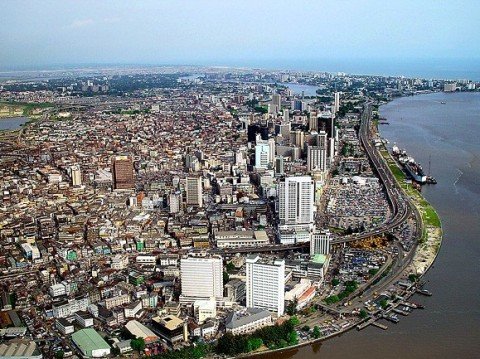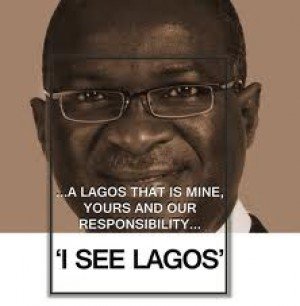
by Seth Kaplan | Feb 2, 2014 | Africa, Conflict and security, Economics and development
 Nigeria is arguably the worst run of the world’s seven most populated countries. Despite earning hundreds of billions of dollars in oil revenue over the past decade, it is expected by 2015, by some calculations, to have the second-most destitute people in the world after India. But its largest city, Lagos, which until recently was known as one of the world’s most difficult cities to govern, seems to have turned a corner. As I argue in a recent article in the New York Times, one of the chief reasons for this better performance is the nature of incentives that elites and politicians face: (more…)
Nigeria is arguably the worst run of the world’s seven most populated countries. Despite earning hundreds of billions of dollars in oil revenue over the past decade, it is expected by 2015, by some calculations, to have the second-most destitute people in the world after India. But its largest city, Lagos, which until recently was known as one of the world’s most difficult cities to govern, seems to have turned a corner. As I argue in a recent article in the New York Times, one of the chief reasons for this better performance is the nature of incentives that elites and politicians face: (more…)
by Seth Kaplan | May 10, 2012 | Africa, Economics and development
 Nigeria is not known for strong governance. On the contrary, it is arguably one of worse governed countries in the world, losing hundreds of billions of dollars to corruption and waste over the past four decades. Yet, it has two important governance achievements worth emulating.
Nigeria is not known for strong governance. On the contrary, it is arguably one of worse governed countries in the world, losing hundreds of billions of dollars to corruption and waste over the past four decades. Yet, it has two important governance achievements worth emulating.
First, it has devised a system of decentralization that has sharply reduced ethnic conflict. And second it has a major metropolis that increasingly is acting like one of a handful of city development states–large urban areas in developing countries that are driving progress forward in a way typically associated with well-managed central governments.
In Nigeria’s case, the central government has worked so badly for so long and is so poisoned by its access to and dependence on oil money that state and city led development may be the only way to achieve progress. (more…)

 Nigeria is arguably the worst run of the world’s seven most populated countries. Despite earning hundreds of billions of dollars in oil revenue over the past decade, it is expected by 2015, by some calculations, to have the second-most destitute people in the world after India. But its largest city, Lagos, which until recently was known as one of the world’s most difficult cities to govern, seems to have turned a corner. As I argue in a recent article in the New York Times, one of the chief reasons for this better performance is the nature of incentives that elites and politicians face: (more…)
Nigeria is arguably the worst run of the world’s seven most populated countries. Despite earning hundreds of billions of dollars in oil revenue over the past decade, it is expected by 2015, by some calculations, to have the second-most destitute people in the world after India. But its largest city, Lagos, which until recently was known as one of the world’s most difficult cities to govern, seems to have turned a corner. As I argue in a recent article in the New York Times, one of the chief reasons for this better performance is the nature of incentives that elites and politicians face: (more…)

